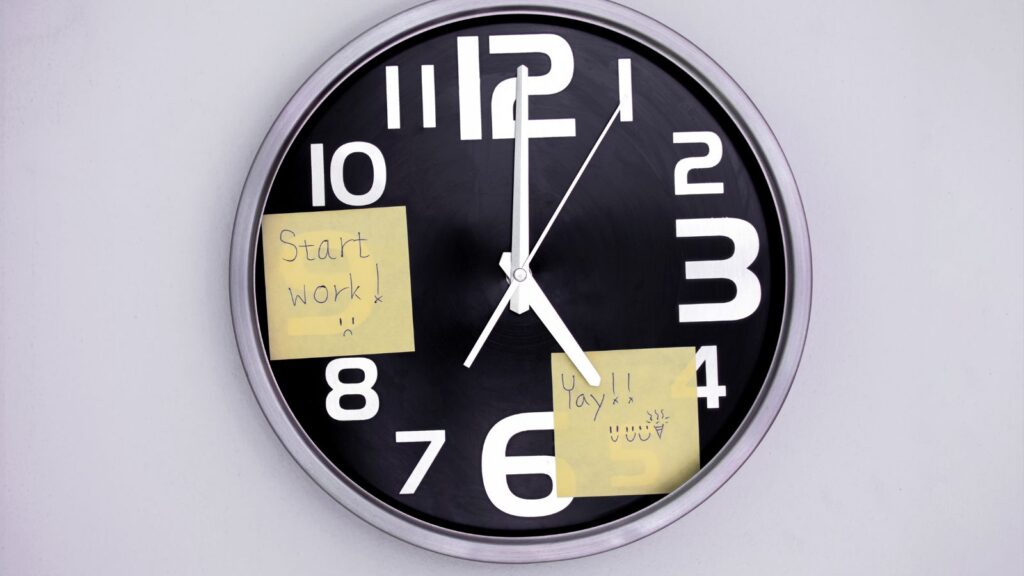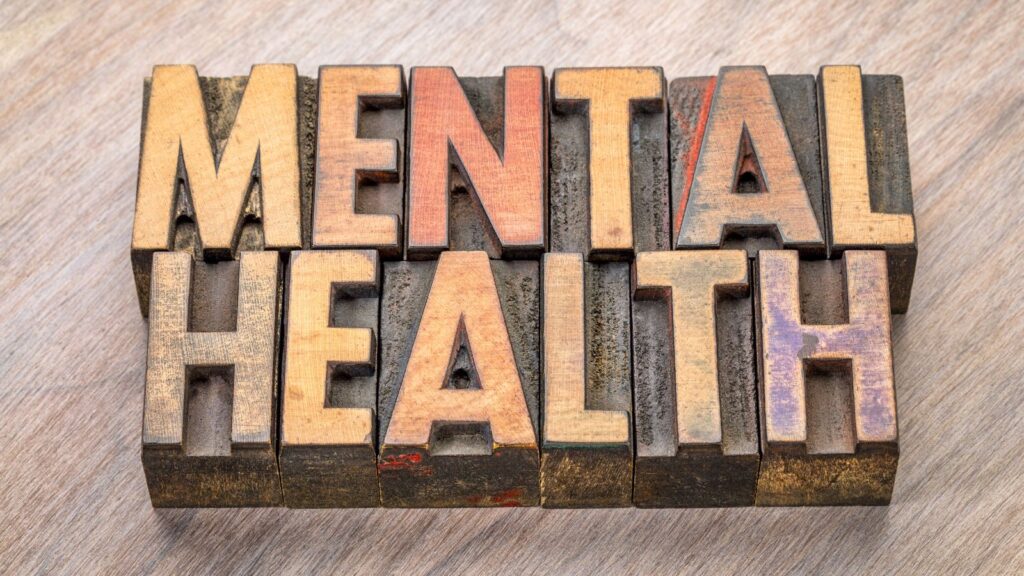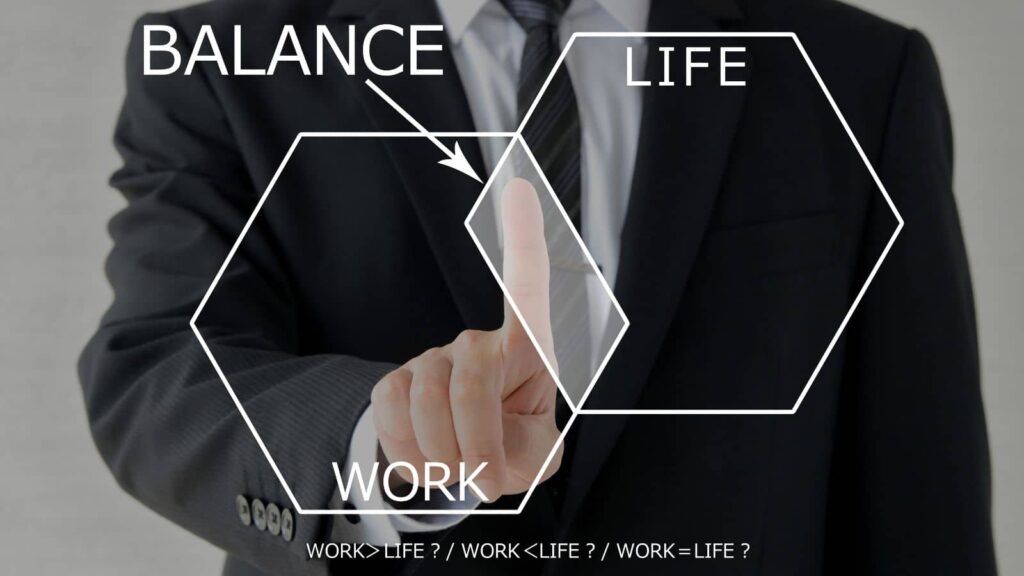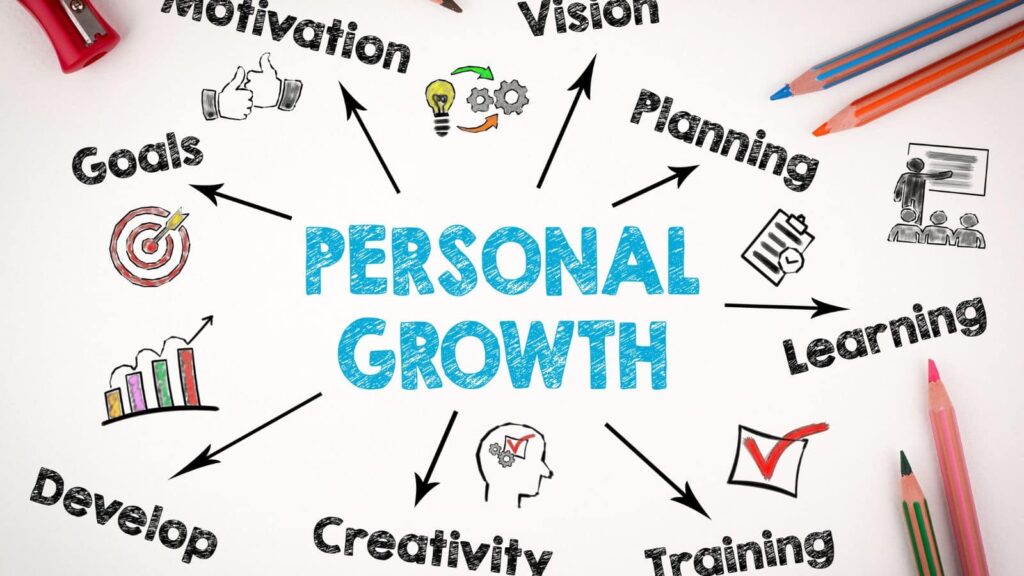The way we work has been transformed in recent years by many factors, with the changing values of society, and the pandemic both majorly influencing work practices.
As Millenials and Gen Z begin to dominate the labor market, they are shaping the workplace even further by bringing a new set of expectations to work that’s centered around egalitarianism and lifestyle choices.
Here are 18 ways that Millenials and Gen Z are challenging traditional workplace norms:
Remote Work

This is a major new working practice that Millenials and Gen Z are massive advocates of. As we approached the pandemic, younger generations were already exploring remote working options with their employers, and when working from home became the only way that we could work, due to COVID-19, Millennials, and Gen Z were already ahead of the game. These generations would work remotely 100% of the time if they could.
9 – 5 Working

While older generations seem to like the routine of traditional 9 – 5 day jobs, Millennials, and Gen Z do not. Younger generations see 9 – 5 as a rigid working schedule that is too restrictive for a healthy work-life balance, and they lobby employers for flexible working as a standard practice.
Flat Organizational Structure

I know that this sounds like an Ikea instruction manual, but it’s actually the new hierarchical structure that is preferred by Millenials, and Gen Z. Gone are the days of a “top-down” chain of command within companies, younger generations now favor an equal power structure that fosters collaboration, and inclusion within the workplace.
Suits & Ties

Turning up to the office in anything less than a suit and tie has been traditionally seen as a major faux pas. Not anymore, Millennials, and Gen Z advocate for more relaxed dress codes, and they argue that spending eight hours a day in a restrictive shirt and tie doe not increase productivity, and if anything it lowers it. They place performance over appearance and prefer to be able to express themselves, by choosing to wear something more casual in the workplace.
Mental Health Support

Attitudes of Millenials, and Gen Z towards mental health in general are vastly different from previous generations. There has been a revolution in the knowledge, understanding, and language used by this generation regarding mental health. Younger employees now expect “Mental Health Days” offered by employers, free mental health support via helplines, and information days.
Equality & Diversity

These generations place high importance on equality, diversity, and inclusion in the workplace. Millennials and Gen Z have been change-makers in areas relating to gender stereotypes, racial prejudice, and disability, and they expect employers to actively promote these values.
Environmentally Friendly

Millennials and Gen Z arguably care more about the environment than any generation thus far, and they are intensely passionate about implementing environmentally friendly work practices. Furthermore, they care about the carbon footprint of their employer, and climate change is a pressing concern for these employees.
Ethical Standards

Young workers today are likely to avoid working for companies that engage in unethical business practices. These employees want to ensure that their employer's ethics, and values align with their own, particularly regarding sustainability, social responsibility, and ethical standards.
Work-Life Balance

Younger employees today expect to have accommodations that ensure and protect their work-life balance. Millennials, and Gen Z reject traditional work practices of being available 24/7 on their emails, and they enforce healthy working boundaries within the workplace.
Work Place Bullying

Millennials and Gen Z have a zero-tolerance approach to workplace bullying. Although most companies already signpost this message, younger employees' values are so aligned with egalitarianism, and the promotion of inclusion, and diversity in the workplace, that they heavily subscribe to anti-discrimination policies.
Extra-Curricular Activities

Young workers now see work as an extension of their life, and they don’t just want to work, at work. No, they want opportunities to be social, and bond with their team, and they expect employers to facilitate activities outside of work like sporting events, and excursions.
Working Overtime

These generations are not work-shy, however, they are not in favor of outdated, and unhealthy work practices such as working excessive overtime of 60+ hours per week. Millennials and Gen Z prefer shorter working weeks, with flexible working, and remote working options.
Company Culture

Millennials and Gen Z have challenged the outdated, traditional formats of company culture which expected all employees to appear like replicated robots. Instead, young workers now want company cultures that embrace the uniqueness of each staff member, they want to be part of a vibrant work culture that celebrates difference, not shame it.
A Job For Life

Traditionally, older generations considered getting a “job for life” as the right path to follow, and changing jobs often, was frowned upon. Now, young workers see staying with one employer too long as a negative, instead valuing a diverse skillset, and range of employment experiences over a 50-year career in one place.
Personal Growth

Younger workers now have additional expectations of their employers which include attention given to their personal growth. Millennials and Gen Z see work as having a big influence on their life experience, and they therefore look for employers who will invest in their personal development, and treat them as a whole person, not just an employee, or a number.
Micromanagement

These generations place a high value on feeling a sense of autonomy in the workplace, and they prefer a workplace that allows them to use their own initiative, and come up with ideas of their own violation, instead of being micromanaged by a hyper-vigilant, authoritarian manager.
Parental Leave

Millennials and Gen Z are both advocates for increased parental leave and supportive work practices for both mothers and fathers. This reflects their emphasis on work-life balance, family, and equality.
Performance Reviews

Instead of being summoned to an office once a year for an annual performance review, younger workers prefer to have regular, shorter check-ins with their managers. This helps them to learn and grow, as they go, instead of only getting feedback annually.
30 Traditional Sayings That Are Now Considered Offensive by Woke Culture

30 Traditional Sayings That Are Now Considered Offensive by Woke Culture
21 Habits Often Associated With Having a Lower Social Status

21 Habits Often Associated With Having a Lower Social Status
25 Social Issues Gen Z are Determined to Cancel

